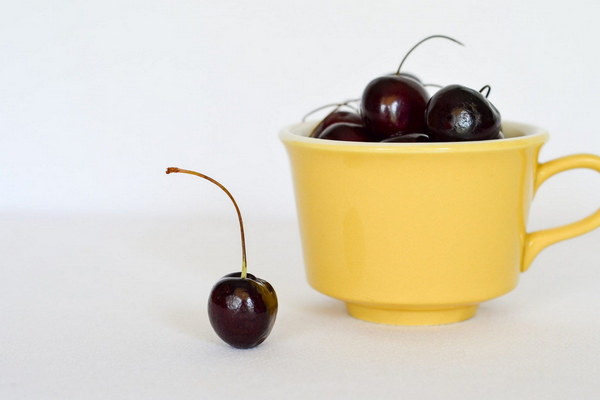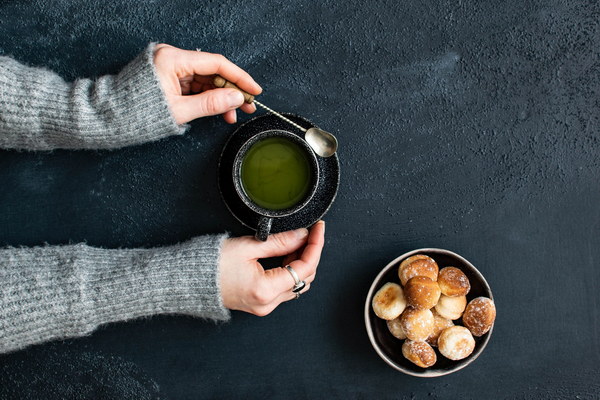Unveiling the Wonders of Winter Lotus Leaves A Natural Remedy for Moisture Removal
Winter, with its chilling winds and damp air, can be particularly challenging for those who suffer from dampness in their bodies. One traditional Chinese herbal remedy that has gained popularity for its effectiveness in combating winter dampness is the use of winter lotus leaves. In this article, we will delve into the properties of winter lotus leaves and explore how they can help in removing moisture from the body during the cold season.
Winter lotus leaves, also known as lotus leaves in winter, are a byproduct of the lotus plant, which thrives in ponds and lakes. These leaves are harvested during the winter months when the plant is at its peak. The cold temperatures during this period cause the leaves to accumulate a high concentration of nutrients and medicinal properties, making them an excellent choice for treating dampness in the body.
Dampness, in traditional Chinese medicine (TCM), refers to an excess of dampness in the body that can lead to various health issues such as fatigue, weight gain, and joint pain. The cold and damp winter weather can exacerbate dampness, making it essential to find a natural way to combat this imbalance.
The key components responsible for the therapeutic properties of winter lotus leaves are tannins, saponins, and volatile oils. These compounds work together to eliminate excess moisture, improve circulation, and strengthen the body's defenses against dampness.
Here are some ways in which winter lotus leaves can help in removing moisture during the winter season:

1. Boosting the Immune System: Winter lotus leaves have natural immune-boosting properties that can help ward off colds, flu, and other illnesses that are more prevalent during the winter months. By strengthening the immune system, the body can better fight off dampness-related issues.
2. Improving Digestion: Dampness can lead to poor digestion, resulting in bloating, constipation, and weight gain. The diuretic properties of winter lotus leaves help in flushing out excess fluid from the body, thus improving digestion and promoting weight loss.
3. Relieving Joint Pain: Dampness can cause joint pain and stiffness, particularly in the lower back and legs. Winter lotus leaves have anti-inflammatory properties that can help alleviate joint pain and improve mobility.
4. Enhancing Energy Levels: Dampness can leave you feeling tired and exhausted. The energizing properties of winter lotus leaves can help increase your energy levels, making it easier to tackle the demands of the cold winter season.
To incorporate winter lotus leaves into your winter wellness routine, here are a few suggestions:
1. Tea: Boil a handful of winter lotus leaves in water for several minutes. Strain the tea and drink it warm or cold, depending on your preference. You can also add honey or lemon for added flavor.
2. Tonic: Grind the dried winter lotus leaves into a fine powder. Mix one teaspoon of the powder with hot water and consume it twice a day.
3. Bath: Add a handful of dried winter lotus leaves to your bathwater for a soothing and therapeutic experience.
4. Soup: Incorporate winter lotus leaves into your soup recipes to enhance their medicinal properties.
In conclusion, winter lotus leaves offer a natural and effective way to combat dampness during the cold season. By incorporating these leaves into your daily routine, you can improve your overall health and well-being, ensuring a more comfortable and joyful winter.









